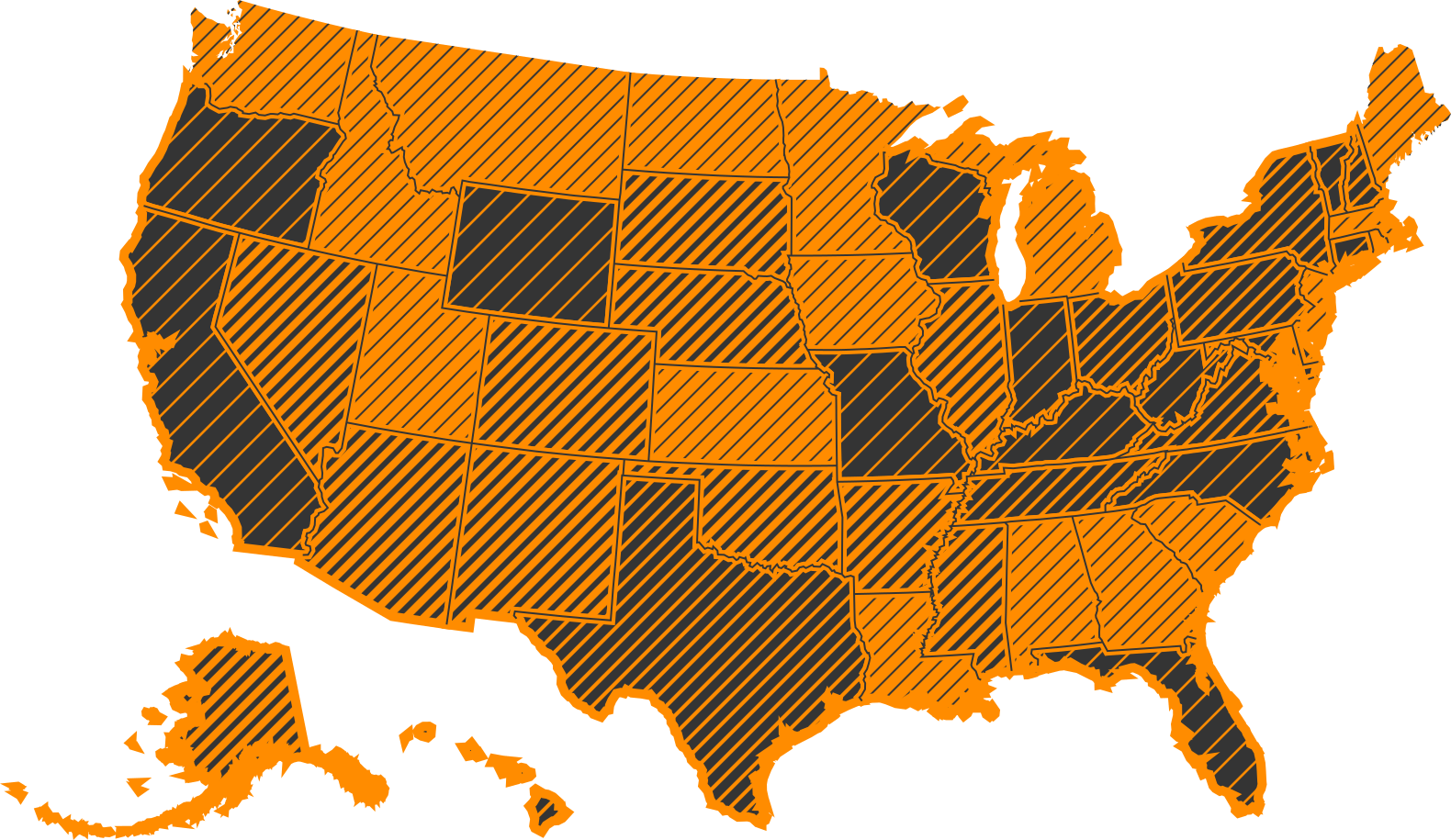
I'm Branson, an undergraduate studying sociology at Saint Louis University. I'm currently seeking roles in which I can harness my skillset as a software developer. I've built a wide variety of tools for several applications, many in support of my academic research. My research includes investigating health disparities, advancing the state of geospatial science, and better understanding cities through the data they produce. I avidly support open source software and open data.
My technical background is heavily involved with data science. I've built and maintain relational databases, public REST APIs, automated web crawlers and web scrapers. I consider virtually no data to be too large or too difficult to work with. Supporting this mantra is a calculated use of cloud infrastructure and microservice architecture. Despite this focus, I also have experience as a web developer in vanilla JS. I enjoy spending free time designing beautiful visualizations (especially maps!) and increasing visual accessibility.
My research focus is substantively in sociology and public health. I've worked with a variety of cool data from millions of service requests, to voter files and housing records. I obtain much of my data from public sources in the belief that science should be open.





